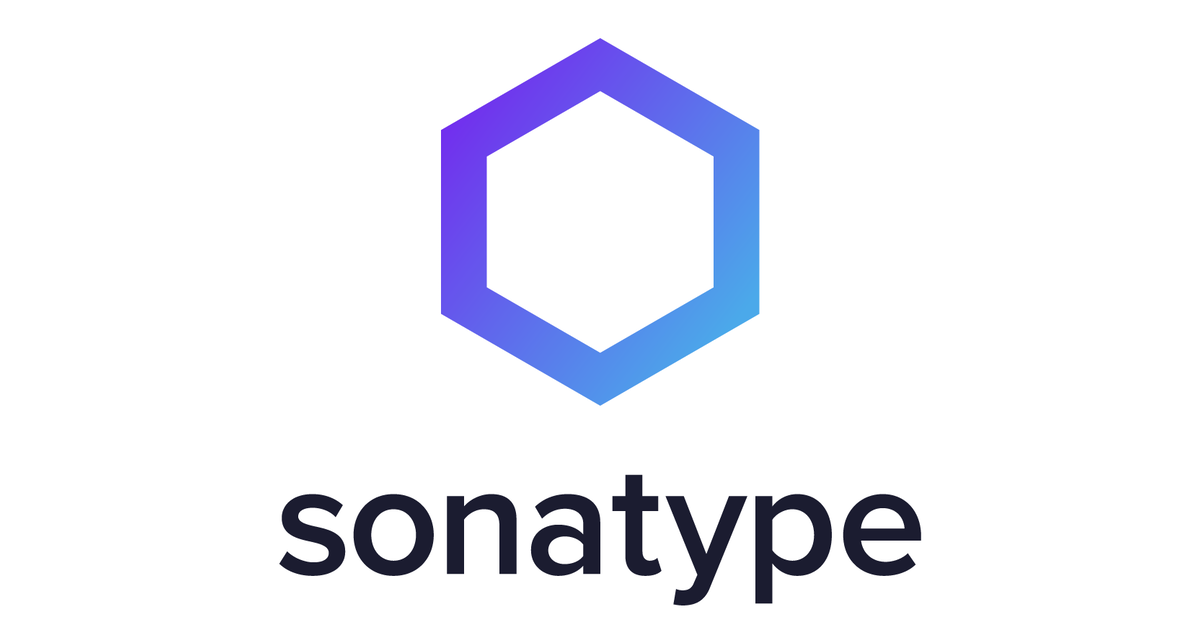https://github.com/NodeSecure/vulnera
Programmatically fetch security vulnerabilities with one or many strategies (NPM Audit, Sonatype, Snyk, Node.js DB).
https://github.com/NodeSecure/vulnera
audit nodesecure npm security vuln vulnerabilities
Last synced: 5 months ago
JSON representation
Programmatically fetch security vulnerabilities with one or many strategies (NPM Audit, Sonatype, Snyk, Node.js DB).
- Host: GitHub
- URL: https://github.com/NodeSecure/vulnera
- Owner: NodeSecure
- License: mit
- Created: 2021-08-07T14:48:19.000Z (over 4 years ago)
- Default Branch: main
- Last Pushed: 2024-08-14T11:20:08.000Z (over 1 year ago)
- Last Synced: 2024-08-14T12:45:56.087Z (over 1 year ago)
- Topics: audit, nodesecure, npm, security, vuln, vulnerabilities
- Language: TypeScript
- Homepage:
- Size: 816 KB
- Stars: 30
- Watchers: 4
- Forks: 14
- Open Issues: 6
-
Metadata Files:
- Readme: README.md
- Contributing: CONTRIBUTING.md
- License: LICENSE
- Security: SECURITY.md
Awesome Lists containing this project
README

The **vuln-*era*** has begun! Programmatically fetch security vulnerabilities with one or many strategies. Originally designed to run and analyze [Scanner](https://github.com/NodeSecure/scanner) dependencies it now also runs independently from an npm Manifest.
## Requirements
- [Node.js](https://nodejs.org/en/) v20 or higher
## Getting Started
This package is available in the Node Package Repository and can be easily installed with [npm](https://docs.npmjs.com/getting-started/what-is-npm) or [yarn](https://yarnpkg.com).
```bash
$ npm i @nodesecure/vulnera
# or
$ yarn add @nodesecure/vulnera
```
## Usage example
```js
import * as vulnera from "@nodesecure/vulnera";
await vulnera.setStrategy(
vulnera.strategies.GITHUB_ADVISORY
);
const definition = await vulnera.getStrategy();
console.log(definition.strategy);
const vulnerabilities = await definition.getVulnerabilities(process.cwd(), {
useFormat: "Standard"
});
console.log(vulnerabilities);
```
## Available strategy
The default strategy is **NONE** which mean no strategy at all (we execute nothing).
[GitHub Advisory](./docs/github_advisory.md) | [Sonatype - OSS Index](./docs/sonatype.md) | Snyk
:-------------------------:|:-------------------------:|:-------------------------:
 |
|  |
| 
Those strategies are described as "string" **type** with the following TypeScript definition:
```ts
type Kind = "github-advisory" | "snyk" | "sonatype" | "none";
```
To add a strategy or better understand how the code works, please consult [the following guide](./docs/adding_new_strategy.md).
## API
```ts
function setStrategy(name: T): AllStrategy[T];
function getStrategy(): AnyStrategy;
const strategies: Object.freeze({
GITHUB_ADVISORY: "github-advisory",
SNYK: "snyk",
SONATYPE: "sonatype",
NONE: "none"
});
/** Equal to strategies.NONE by default **/
const defaultStrategyName: "none";
```
Strategy extend from the following set of interfaces;
```ts
export interface BaseStrategy {
/** Name of the strategy **/
strategy: T;
/** Method to hydrate dependency vulnerabilities fetched by the Scanner **/
hydratePayloadDependencies: (
dependencies: Dependencies,
options?: HydratePayloadDepsOptions
) => Promise;
}
export interface ExtendedStrategy<
T extends Kind, VulnFormat
> extends BaseStrategy {
/** Method to get vulnerabilities using the current strategy **/
getVulnerabilities: (
path: string,
options?: BaseStrategyOptions
) => Promise<(VulnFormat | StandardVulnerability)[]>;
}
export type BaseStrategyFormat = "Standard";
export interface BaseStrategyOptions {
useFormat?: BaseStrategyFormat;
}
export interface HydratePayloadDepsOptions extends BaseStrategyOptions {
/**
* Absolute path to the location to analyze
* (with a package.json and/or package-lock.json for NPM Audit for example)
**/
path?: string;
}
```
Where `dependencies` is the dependencies **Map()** object of the NodeSecure Scanner.
> [!NOTE]
> the option **hydrateDatabase** is only useful for some of the strategy (like Node.js Security WG).
### Formats
- [Standard](./docs/formats/standard.md)
### Databases
- [OSV](./docs/database/osv.md)
- [NVD](./docs/database/nvd.md)
- [Snyk](./docs/database/snyk.md)
- [Sonatype](./docs/database/sonatype.md)
## Contributors ✨
[](#contributors-)
Thanks goes to these wonderful people ([emoji key](https://allcontributors.org/docs/en/emoji-key)):

Gentilhomme
💻 📖 👀 🛡️ 🐛

Tony Gorez
💻 👀 🐛

Antoine
💻 🐛 📖

OlehSych
💻

Mathieu
💻

PierreD
💻 📖

Kouadio Fabrice Nguessan
💻 🚧

benjamin antonioli
💻 ⚠️
## License
MIT


